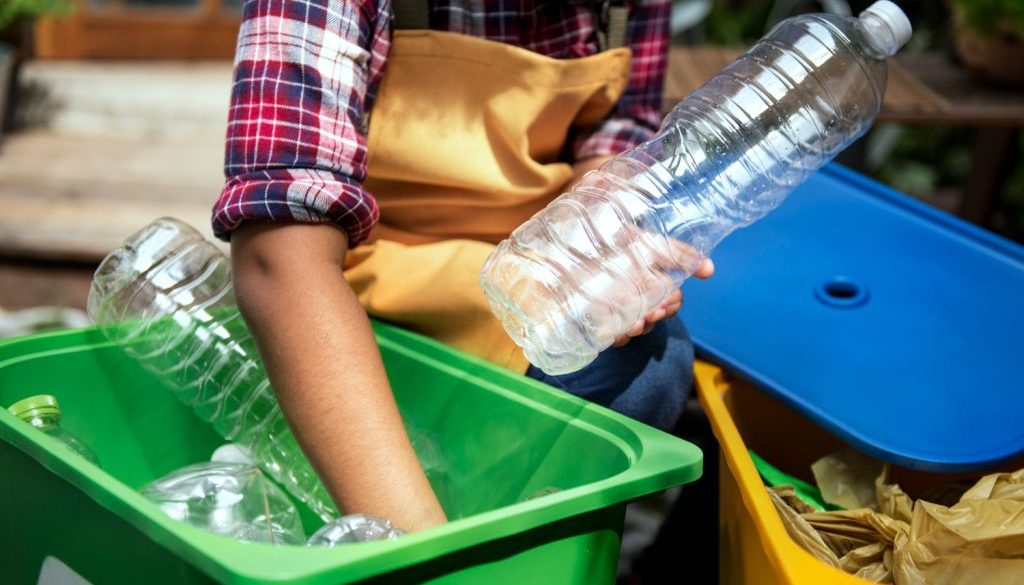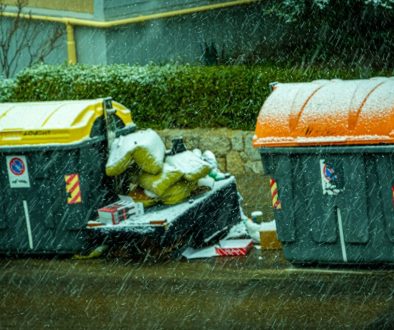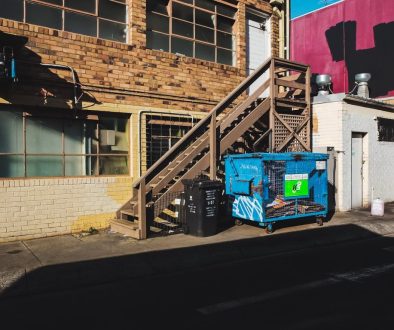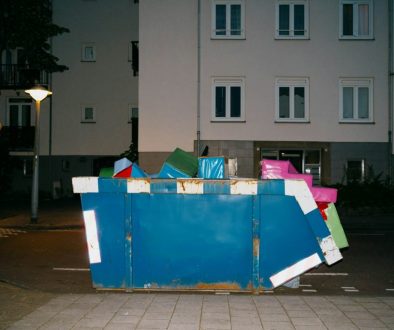Sorting rubbish for recycling is a great way to help the environment. By properly sorting waste, we can ensure that more items are recycled and fewer end up in landfills. It’s an easy habit to start at home, and with a bit of effort, it can become part of your daily routine.
Understanding the different types of recyclable materials is the first step. Not everything can be recycled, and putting non-recyclable items in the recycling bin can cause problems. Knowing what can and cannot be recycled helps make the process smoother and more effective.
Setting up a sorting system at home can also simplify the task. Having clearly labelled bins for different materials can help each family member know where to put their waste. This way, sorting becomes automatic, and everyone can contribute.
Well, we’ll guide you through the steps to sort rubbish for recycling, helping you make a positive impact on the environment. Together, we can make a difference by recycling wisely and reducing our waste.
Understanding Different Types of Recyclable Materials
Knowing what materials can be recycled is the first step towards effective recycling. Different types of waste need different disposal methods. Understanding these differences helps prevent contamination in the recycling process.
Paper and cardboard are common recyclables. Newspapers, magazines, office paper, and cardboard boxes usually go straight into the recycling bin. However, greasy pizza boxes and food-contaminated paper should be avoided as they can spoil the recycling batch.
Glass can also be recycled, but it’s important to sort it by colour. Clear, green, and brown glass are processed separately. Avoid glass items like light bulbs, mirror glass, and ceramics, as they have different melting points and can ruin the recycling process.
Plastics are widely used but can be more complicated to recycle. Look for the recycling symbol with a number inside it. Numbers 1 and 2, like those found on water bottles and milk jugs, are the most commonly recycled plastics. Other numbers may require specialised facilities and often aren’t accepted in kerbside collections.
Metals such as aluminium and steel cans can also be recycled. Rinsing them out before placing them in the bin helps maintain a clean recycling stream. Finally, be mindful of hazardous waste like batteries and electronic items; they need special disposal methods and can’t go in regular recycling bins.
Setting Up a Sorting System at Home
Creating an effective home recycling sorting system is easier than it sounds. Start by setting up designated bins or containers in a convenient location, like the kitchen or garage. Label each bin for paper, plastic, glass, and metal so everyone in the household knows where to put each type of waste.
You can buy purpose-made recycling bins or repurpose existing containers. Make sure the bins are easily accessible to encourage everyone to use them regularly. Keeping a small bin in the kitchen can help collect recyclables quickly and prevent them from ending up in the rubbish.
Having a clear system for sorting can also prevent recyclables from being contaminated with non-recyclable items. Encourage family members to rinse out containers before putting them in the bin. Keeping lids on bins ensures that items stay sorted and don’t mix with general rubbish.
If you have the space, create a dedicated recycling station. This could include shelves or racks to hold sorted materials. Adding posters or charts detailing what can and can’t be recycled can also be helpful, especially for younger members of the household.
Implementing a home sorting system makes recycling simpler and more efficient, leading to better recycling habits and less waste in landfills.
Common Mistakes and How to Avoid Them
Even with the best intentions, mistakes can happen when recycling. Knowing these common errors and how to avoid them can improve your recycling efforts. One frequent mistake is “wish-cycling,” where people put items in the recycling bin, hoping they are recyclable. Items like greasy pizza boxes, plastic bags, and certain plastics can contaminate the whole batch. Stick to what you know can be recycled and check your local council’s guidelines if unsure.
Another common error is neglecting to rinse containers before recycling them. Food residue can spoil other recyclables, making them unsuitable for recycling. A quick rinse can make a big difference. Additionally, avoid putting recyclables in plastic bags. Many recycling facilities cannot process bagged items, so loose materials are preferred.
Mixing non-recyclable items with recyclables is another mistake. This includes items like nappies, broken toys, or garden waste. These should be disposed of in general waste or taken to a specialised facility if hazardous. Educating your household about these common pitfalls can create a more efficient and effective recycling routine.
Tips for Making Recycling Easier and More Efficient
Recycling doesn’t have to be a chore. Here are some tips to make it easier and more efficient:
1. Flatten Boxes: Break down cardboard boxes before putting them in the recycling bin. This saves space and makes them easier to transport.
2. Use Clear Bins: Transparent bins let you see what’s inside, helping ensure you sort items correctly. It also makes it easy to check when they are full.
3. Keep the Bins Handy: Place recycling bins in convenient locations, such as the kitchen or near the garage, to encourage regular use.
4. Set Reminders: Use weekly reminders on your phone or calendar to take out recycling. This helps keep on top of the recycling routine and prevent overflow.
5. Get the Kids Involved: Teach children about the importance of recycling. Turn it into a fun activity by setting up sorting games or rewarding them for helping out.
6. Stay Informed: Local regulations can change, so stay updated with your council’s recycling guidelines. Knowing what can and can’t be recycled helps avoid errors and improves efficiency.
By incorporating these tips into your daily routine, you can streamline the recycling process and make it a natural part of your household’s waste management.
Your Easy Guide to Sorting Rubbish for Better Recycling Results
Recycling is a simple yet powerful way to cut down on household rubbish and help the environment. By understanding different types of recyclable materials, setting up an effective sorting system at home, avoiding common mistakes, and following practical tips to make recycling easier, you can make a significant impact.
These actions not only contribute to a cleaner and greener planet but also foster sustainable habits that can be passed down through generations. Recycling reduces the strain on landfills, conserves natural resources, and lowers the carbon footprint of your household.
For more support in addressing your waste disposal needs, reach out to Enviro Skip Hire. Our team is dedicated to helping you manage waste responsibly and efficiently. Contact our skip hire company in Stafford today to learn how we can assist you in keeping your home and community clean.




